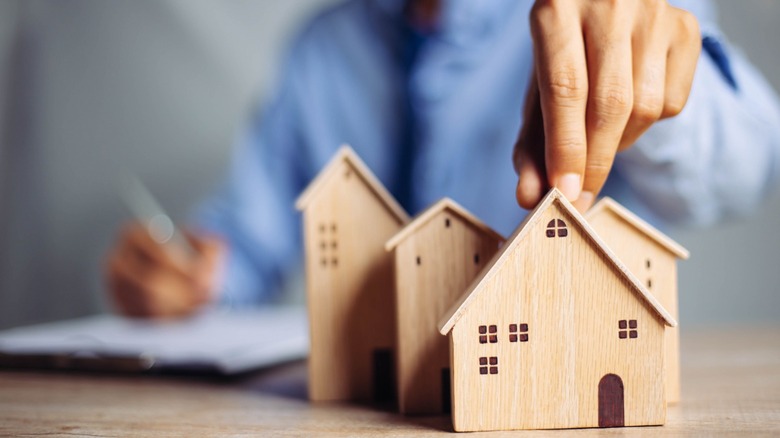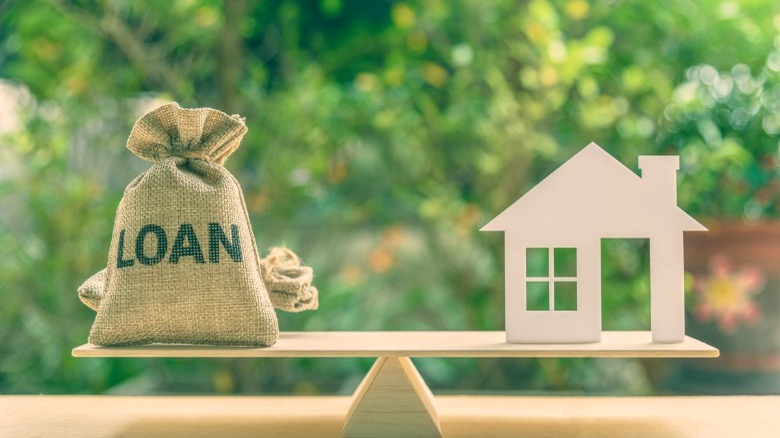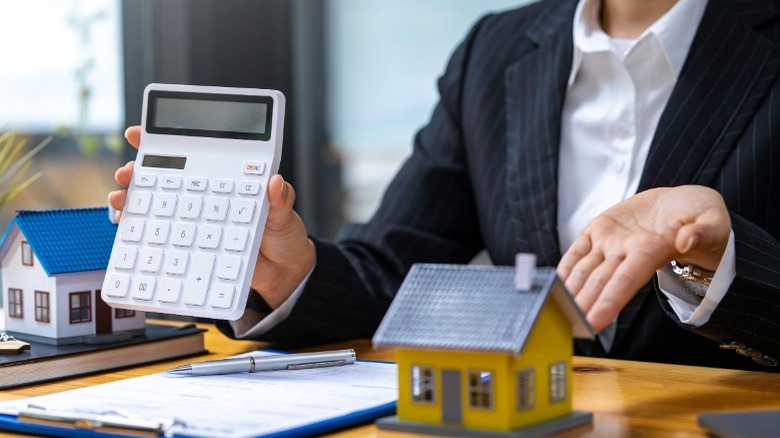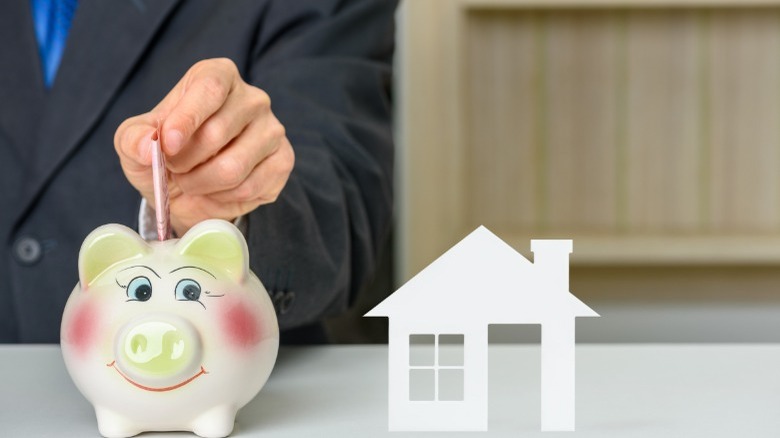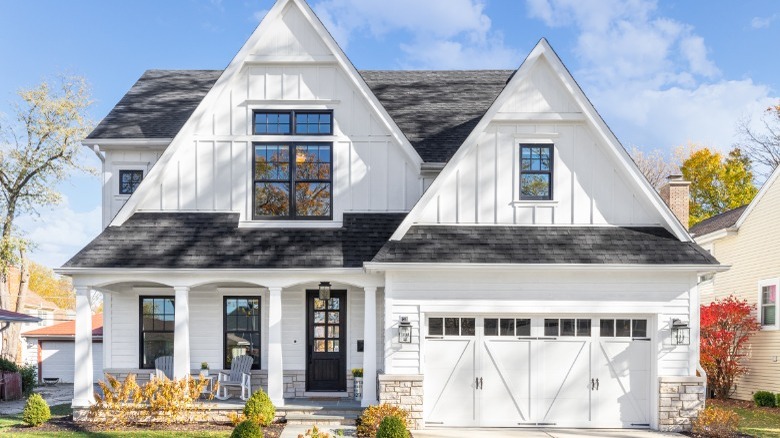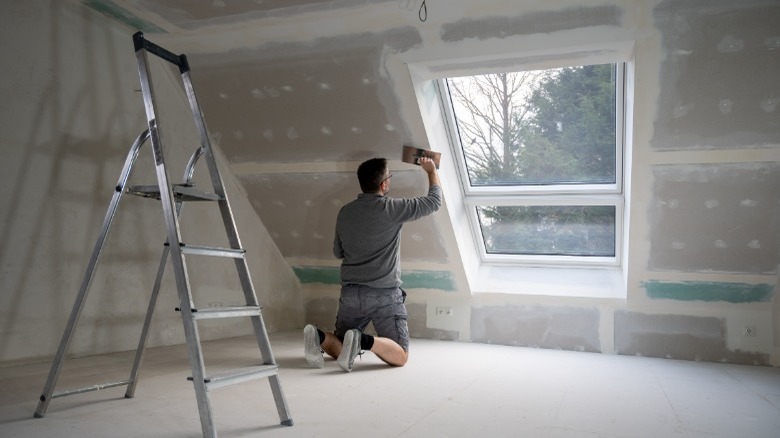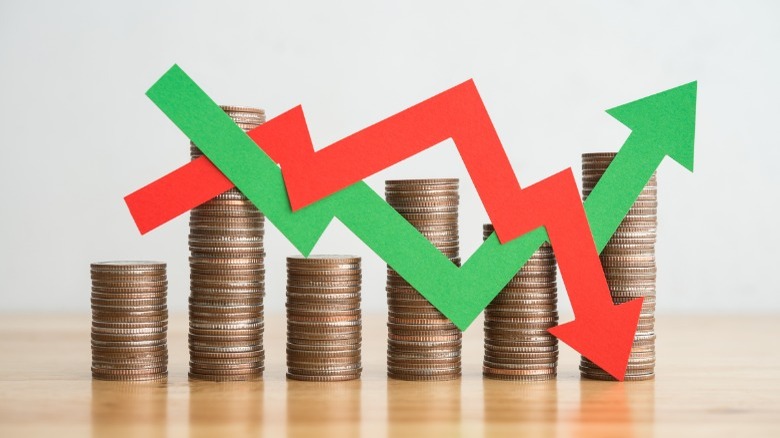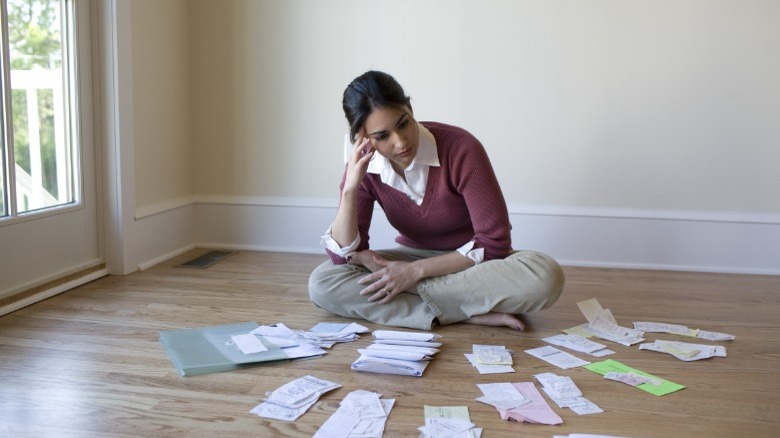8 Things Every First Time Home Buyer Should Know About Home Equity
If you're preparing to buy your first home, it can be both exciting and intimidating. Since you won't have previous equity to use towards your purchase, you'll have to rely on saving up for your down payment. Therefore, it's important to take advantage of other strategies so you can build equity faster. For one thing, know your credit score and try to build it for at least 12 months prior to getting pre-approved. Check the major reporting agencies to ensure they're correct so you can fix any possible issues beforehand. Another thing to remember is not to pay more than the house is appraised for, or it will take longer to build equity in it. It's always important to negotiate the price as much as possible, which is where a good real estate agent comes in handy.
Then there's location. Though we've all heard how important location can be, it's even more so for first time buyers. Choosing a house in the right place where values are expected to increase can be an important decision for building equity faster. Building equity is important to every homeowner, but especially when you're first starting out. Your home is likely going to be your biggest asset, so knowing how to build its value will be key to future home-owning success. If you're navigating this thrilling arena for the first time, you're in the right place! Here are eight things every first time home buyer should know about home equity.
What is home equity?
In case you aren't completely sure what exactly home equity means, first you need to know how much the house is worth. When it's appraised, that will represent the total number you're looking for. For a first time home buyer, you'll subtract the amount of your down payment from the purchase price to get the equity you'll be starting with. As you make payments, your equity builds. You can always figure it out by taking the amount it's worth and subtracting the amount of your remaining mortgage from it. This gives you the amount of equity you have.
For example, say you find a house for $275,000. You've saved up a down payment and can afford to put 5% toward this amount, which would be $13,750. The amount of the down payment is the amount of the equity you start out with. As you go, just subtract the amount of your outstanding balance from the total amount paid for the house. It's basically the amount of money you have invested in the house, but there are many things that can have an impact on this. For instance, if the fair market value of the house goes up, so does your equity.
Why is home equity important?
Aside from the obvious, building home equity directly impacts your future. The more equity you build in your home, the better position you'll be in financially overall. As previously stated, most people's homes are their biggest asset. As such, the more you have invested, the more credible and credit-worthy you become. You'll be eligible for more loans or lines of credit, and the better house you can buy further down the road. The first and most important step in building equity is taking good care of your property and staying current on your mortgage.
Simply by making all your mortgage payments on time, you increase your equity slowly but steadily. It's almost like putting that money in a personal savings account. Even though it may be tied up in your house, you can rest assured it's there when you need it and will nearly always increase in value over time. Conversely, if you get behind, it could result in you owing more than your house is worth, and that's a bad situation to be in. Once you have at least half your mortgage paid off, you will have built enough equity to purchase a better home and make a decent profit, too.
How your down payment affects your equity
We previously touched on how the amount of your down payment is the amount of equity you start off with. So it only makes sense that the more you're able to put down, the better your position on equity will be right from the start. Plus, a bigger down payment will often get you better interest rates. This is why it's so important to save as much as you can toward a down payment before buying. Although there are many types of loans out there to help first time buyers who may not have a big down payment, keep in mind it's going to take that much longer to build any significant equity.
Taking advantage of programs and grants or funds to help with making a bigger down payment can be used to your advantage. If you have money tied up in a 401K or any bonds or stocks you can cash in, using that to help increase your initial payment would be smart. Remember, putting money into your house is one of the best investments you can make. You can almost always consider it a "sure bet" for increasing in value. According to Integrity Lending, most lenders require a minimum of 3-3.5% down for first time buyers on conventional or FHA loans. But there are perks if you can come up with 20% or more. Mortgage insurance premiums are typically waived, for one thing. Even 10% of the purchase price is enough to help considerably, and is a good start for building equity faster.
What is instant equity and how to get it
The term instant equity comes into play when you're in the position to have a new home built. This is a huge undertaking, and will cost quite a bit. But if you're planning to go that route, instant equity can be achieved by keeping the cost of building it under the amount of the appraised value of the finished home. This can be seriously tricky, as you may well imagine. The key is to add features you want, while at the same time making sure those features are going to add value to the home over time. For example, you may really want that great light fixture that's costing a pretty penny, but it might not be the smartest decision if you're trying to achieve instant equity.
A better idea would be something like adding a garage, a swimming pool in a warm climate, finishing an attic or a basement, or adding an extra room. These are things that will add lasting value as well as immediate value for the upcoming appraisal. Having your first home built is an exciting prospect! It's so important from the standpoint of equity, however, to keep building costs under appraisal value. Making smart decisions is the key here, so be sure you work with an experienced home builder who understands that equity is important to your end result.
How to build home equity
The main two ways of building equity in your home are by either making improvements to increase its value, or by paying your mortgage down. You can always combine the two strategies, as well. But there are a couple of things to remember if you're planning to make improvements to build home equity. When you take on new projects, you won't be able to recoup all the money you put in. It pays to research what you plan to do to see how much value it might add to your home. Of course, there may be upgrades you still want to make regardless. But in order to be in the best position when it's time to sell, choosing wisely which improvements to make is going to enable you to maximize your profits.
For example, according to Bankrate, one of the best projects for an excellent return on investment is replacing the garage door at over a 93% return. This is well over the ROI for the average bathroom or even kitchen remodel. Planning your home projects carefully right from the start will be the key to getting the most equity out of your home when you're ready to sell. The more you put into your asset, the more profit you can expect later. This is especially important for new buyers to understand.
How you can use it to your advantage
Here's the thing about home equity: You can use it even before you get ready to sell your house, and no matter how you look at it, it's a great thing to have. There are many things you can use it for once you have it. For instance, you can get a home equity loan or a line of credit and make improvements to your home with the money. One of the benefits of borrowing against the equity in your house is that it's typically at much lower interest rates. You can use the money you've built up for education, a new vehicle, or increasing the value of your property with home improvements. Whatever you need, you know the money is there.
There are different forms of disbursement that you can choose, as well. A loan is usually paid out in a lump sum, while a line of credit has a specified draw period and then a period of repayment. Generally, during the time in which you can draw on it, you'll still have to pay interest on the money you use. Then you'll eventually have to start paying it back regularly and won't be able to draw anymore. You can also use the equity for a cash-out refinance, by getting a loan with better terms. You'll pay the old loan off and start a new one, and use the cash difference for whatever you want. Of course, the most common way to use your home equity is by purchasing a bigger home instead. You can use the equity you've built as a down payment on another house when you're ready to move up.
How home equity can fluctuate
There are some important things to know in regard to your home equity, however. Things can happen to make the amount go up or down, regardless of the money you've put into your home. For instance, the property values in your neighborhood could go up or down. Or if you allow your property to decline and become run-down, obviously its value will reflect this. The market itself could change significantly across the board, as it did during the pandemic. Typically home values go up, but they can work the opposite way, too. This is why it's so important to purchase your first house in a neighborhood where prices are expected to increase. It's also why it's important to build equity by making the improvements that truly increase value.
Keeping the outside of your house looking great will also encourage your neighbors to do the same, and in turn will protect the neighborhood you live in. An awful lot can be said for a home's curb appeal, so keep yours looking sharp. Another thing that can affect the market is interest rates. When they go up, fewer people will be able to qualify for home loans, so your equity is negatively affected. Paying attention to these kinds of changes will be the smartest thing first time buyers can do to protect their home equity and investment.
When using home equity may not be a good idea
Once you've built some good equity up in your first home, it's true you can use it if you like. But it's not always the wisest decision Taking out a loan or line of credit is also going to put your house in danger, if for some reason you fail to make the payments on time. If you're unsure about going further into debt, you might want to err on the side of caution. Foreclosure is a real risk, and there are times when it just doesn't make sense. If you've been thinking about moving in the near future, taking out a home equity loan would be counterproductive. The money can be tempting, but it's important to make smart decisions in regard to your biggest asset.
The same goes for improvements you want to make. First time home buyers need to remember having patience and paying down your mortgage is the smartest way to initially build equity. Going further into debt will only put your new asset at risk. You also don't want to risk negative equity, which happens when you take out a loan before you've built up enough equity and end up owing more money than your house is worth. Always take market conditions into account when you make any decisions regarding your home. Making smart financial moves once you're a homeowner is the key to future success. Buying your first house is exciting, but take it slow and be smart. Building up home equity is the first step of the process, and you don't want to get in over your head.
